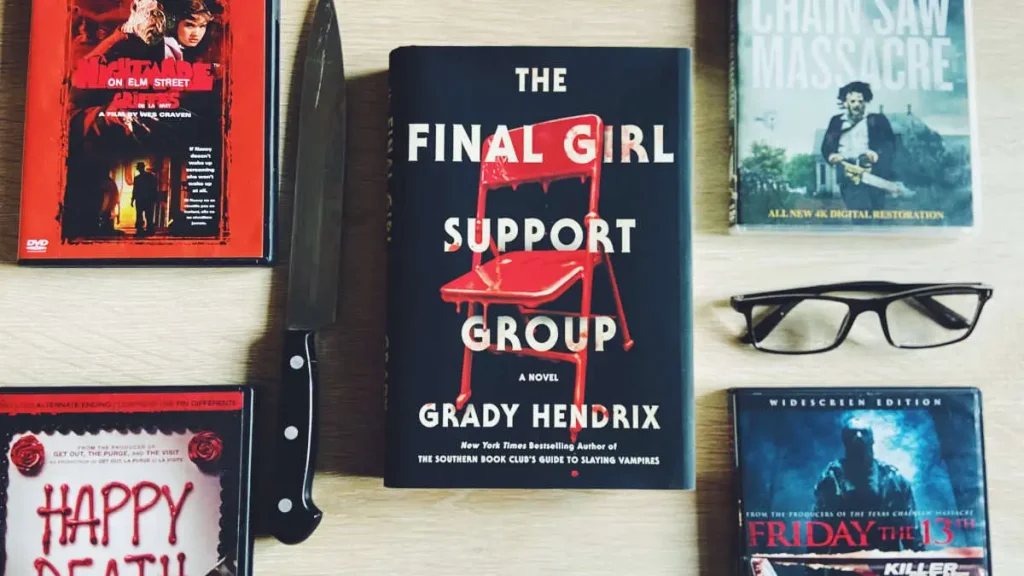During the month of November, The Manchester Literature Festival welcomed Bernadine Evaristo to the stage at HOME. Hosted by her old colleague Jackie Kay, the conversation was one between friends, which offered a warm return to Evaristo’s early days as a creative and welcomed insight into her later works.
So, Who is Bernadine Evaristo?
Evaristo is a highly acclaimed author, dramatist, poet and creative. Her recent works including her memoire Manifesto and Girl, Woman, Other, which won her the Man Booker Prize in 2019. Thus, making her the first black female author to top the paperback fiction chart in the UK too. She began her career by founding the first theatre for black women in the ’80s, where she met Jackie Kay, who also wrote for the company. The start-up followed her graduation from Rose Bruford College of Theatre & Performance – a school which taught students to act, direct and manage their own theatres. In the interview with Kay, she speaks about the lack of opportunity available to her come her graduation, given her race and position as a young, new actress. Her only choice was to start her own company. She wrote, acted, directed, and managed the theatre almost entirely independently, prescribing her own set of rules. There was a lack of interest in the company following its opening, not surprisingly given the lack of expectation of them as young black actors. Nevertheless, she set out to make a difference, garnering the support from a group of largely female supporters. This strong feminine energy is something which she still carries with her now, and can be seen clearly, especially in her most recent works. This experience is something she considers the ‘making of her’.
More generally, the interview talked about the racism Evaristo experienced in the ’80s and whilst growing up. During childhood, her family were subject to racial abuse in their neighbourhood, their home being vandalised and her father the target of physical abuse. For her, reading was an important escape from her daily life, and a form of entertainment during her early years. She went on to explain that she believes this led her down a creative path, and is why she writes even today. Her experience of racism seemed much like that of Jackie Kay – the two discussed how, during their childhood, racism was unavoidable. They both come from middle-class biracial families, something undistinguished from a monoracial black family at the time, and so were targeted. During the discussion, both admitted to often feeling alienated, or isolated from other children they encountered. Even feeling a sense of dislocation from the community in which they were raised. In hindsight, Evaristo highlighted that these feelings were, indeed, an internalisation of the racist comments imposed on her. Writing in Manifesto, she explained, summarised her experience: ‘There was nothing in the British society of [my] suburban childhood that endorsed the concept of blackness as something positive other than the music coming out of America… it was otherwise synonymous with being bad, evil, ugly, inferior, stupid, criminal or dangerous.’
An Evening With Bernadine Evaristo, hosted by Jackie Kay
An Overnight Success?
Evaristo somewhat resents the term. She won the Man Booker Prize in 2019, but the success of her book Girl, Woman, Other came after years of writing poetry, drama and fiction. The voices that we hear in the narrative come from a combination of all of her lived experiences up to its publishing. But, of course, it is, and should be, highly regarded as work of art.
The book is multi-voiced, drawing inspiration from Bernadine’s love of theatre, and also her personal relationships. She talked briefly in the interview about her ‘promiscuous ‘80s’ – throughout which she had flings and romances with different women. She found herself attracted to women come her 20s. Changed her identity to first bisexual, then lesbian, then back to heterosexual later on. At times her relationships were controlling, imprisoning and manipulative. She shut down, grew again. Flourished into adulthood. Each relationship impacted on her creativity. The voices she produces in Girl, Woman, Other come very freely, powerfully even, from her experiences. And together, they weave a dynamic and compelling narrative.
If you enjoyed my article, I’d greatly appreciate it if you could buy me a coffee!


